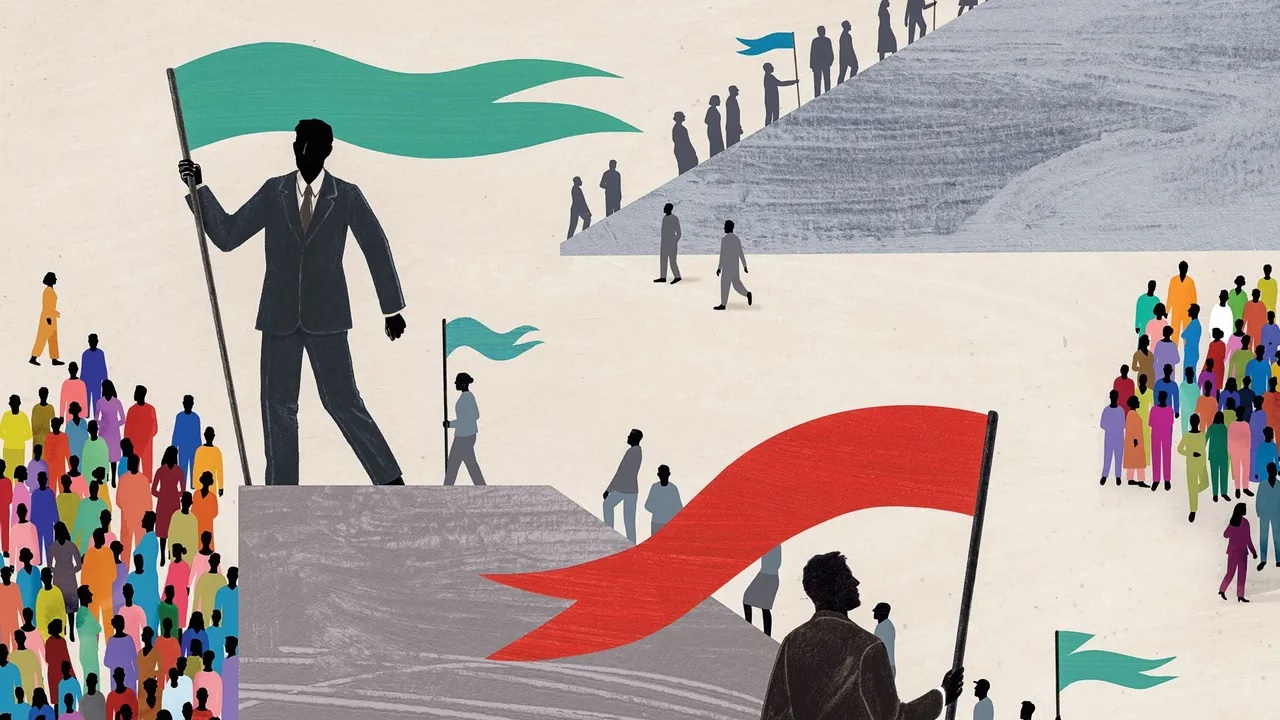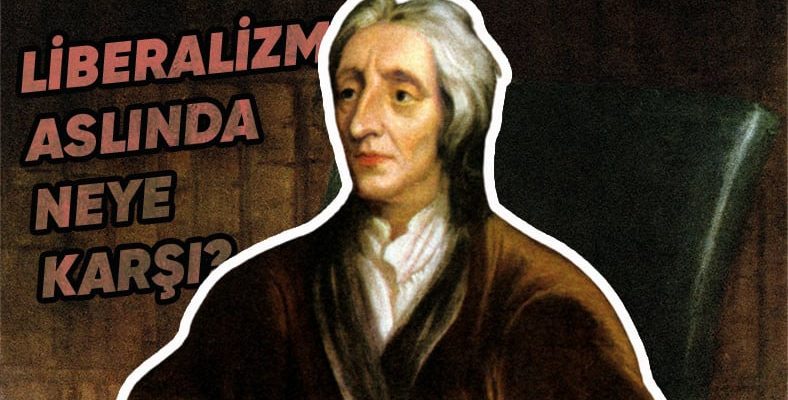Although liberalism, which is a political philosophy based on the freedom of individuals, has been applied by many different states from time to time, it has not always been a desired ideology due to the changing conditions. Let’s take a closer look at what liberalism is, what it is against, what its features are.
State administration is put into a system in the light of ideologies and philosophies put forward by leaders, commanders, politicians and philosophers. Liberalism is one of them. We can accept both as an ideology and as a philosophical thought. liberalism basically advocates the freedom of the individual. Of course, it has been enriched with many different ideas over time.
Liberalism is actually a system that goes in parallel with economic prosperity. Where economic well-being is high People also support liberalism however, when things start to deteriorate, we want to go under the protective and protective arms of the state father. It is possible to see many different examples of all these events in history. Let’s take a closer look at what liberalism is and see some of its main features.
Let’s start with a brief definition; What is liberalism?
Derived from the Latin word liber meaning free, liberalism is based on the freedom of the individual. It can be defined as a kind of ideology, political doctrine and philosophical view. Liberalism, which later enriched with different ideas, also prioritizes the principle of individual equality. In other words, it defends the idea that the individual cannot be controlled by a sovereign power in any way.
So, what exactly does liberalism mean?
As we will explain in detail in a moment, in the period when liberalism first emerged, people were fed by their families. they were privileged because they were noble, There was pressure from the clergy, the absolute monarchy was very strong, and the kings also had religious power. This is exactly what liberalism is against.
Liberalism is actually people’s opposition to the state and other absolute power authorities. It’s his way of saying let us go. Of course, things get a little more complicated in economic applications, but liberalism means the freedom of the individual. By applying this basic definition to different fields, we can clearly understand what liberalism actually means.
So when and how did liberalism emerge?
Not surprisingly, liberalism first lived in the 5th century BC. We encounter the sophistic philosophers of ancient Greece. Aristotle’s work, Politics, sowed the first seeds. When we come to the Middle Ages, Saint Thomas d’Aquino presented ideas on limiting power and increasing freedoms. The Islamic philosopher Ibn Khaldun was also one of the liberals of the period.
The name we can call the founding father of liberalism lived between 1632 and 1704. British philosopher John Locke. According to Locke, every human being has the innate right to life, the right to liberty, and the fundamental right to property. It is imperative to protect them and the primary duty of governments is to protect these rights of individuals.
Known as the father of capitalism, Adam Smith used the concept of liberal in his book The Wealth of Nations. He mentioned the liberal import and export system. Perhaps the following statement sums up both capitalism and liberalism best: “laissez-faire, laissez-passer” meaning “Let them do, let them pass.”
There are some basic ideas advocated by liberalism:
- Freedom of expression
- freedom of belief
- Freedom of the press
- civil rights
- civil liberties
- secular state
- liberal democracy
- Economic freedom
- Political freedom
- rule of law
- private property right
- free market economy
- Free trade
So liberalism really says let people live according to their own minds. For enriching with different thoughts Although it is divided into classical and social In fact, everyone who calls himself a liberal defends these basic features that we have listed above.
The Renaissance was one of the events that gave birth to liberalism:
Although liberalism is a philosophical view that was first mentioned in the 17th century, it is actually based on the idea of individualism. A process that started in Ancient Greece and continues even today. we can consider. In this process, one of the most important events that fed liberalism was the Renaissance.
Dedicated to art after economic prosperity With the Renaissance that started in Europe In fact, the idea has arisen that the individual is a valuable asset on his own and can be evaluated separately from the society he lives in. This idea, called individualism, forms the roots of the idea of individual freedom, which is at the core of liberalism.
The American Revolution and the French Revolution reek of liberalism:
Even as practices change today, the United States is one of the world’s largest liberal countries. The reason is already The USA was founded with a liberal worldview. In fact, the declaration called the Declaration of Independence of July 4, 1776 is considered one of the first examples of political liberalism.
Although it later gave birth to the ideology of nationalism, it actually took place in 1789. The French Revolution was also made with liberal ideas. One of the words liberté, égalité, fraternité, that is, freedom, equality, fraternity, which is the slogan of this revolution, is the word liberte from which liberalism derives.
If it’s a bit confused, let’s summarize, what is liberalism against?
As we mentioned in the introduction, the economic implementation aspect of the business is a bit complicated for the economists to understand, but When we get to the heart of the matter, that is, the foundation of liberalism philosophy, The invariable concept that emerges is the freedom of the individual. Classical liberalism says individuals are free, social liberalism says free individuals are equal. So it is essentially the same.
The basic concept that liberalism is against is prohibitions. Interfering with the belief of the individual, the restriction of economic freedom, It is against discrimination due to the innate characteristics of the individual. Liberalism, which stands against the state, religion and all similar sovereign powers that impose these prohibitions, is not against religion or religious groups unless it turns into a power that restricts freedoms, since it considers it within the scope of individual freedom.
There are also some debates such as liberalism is right or left. We can clearly say that liberalism is not left because In leftist thought, not the individual, but the state is powerful. Although there are different types, it is possible to say that liberalism is right, but if we consider that the state restricts the individual with strong rules, there is no complete harmony. Let’s say right-of-center, there’s at least one term.
Are there countries governed by liberalism?

In fact, it is not quite right to say countries governed by liberalism. Instead, it would be more accurate to say countries that implement liberal economic policies from time to time. Because no state can always implement the same type of policies due to its structure. Even the largest socialist state in history, the Soviets, had to implement liberal economic policies from time to time.
Germany, USA, Azerbaijan, England, Denmark, Ireland, Israel, Mexico, Egypt, Poland, Romania and even Türkiye sometimes implements liberal economic policies. However, since the applied economic policies and other practices will change from time to time, it would not be correct to say that these countries are governed by liberalism.
Defending the freedom of the individual without any limits and prohibitions We answered questions such as what is liberalism and what are its characteristics. Of course, liberalism is like an ocean where we get lost when we dive into it, but in this article, we aimed to provide basic information only to our readers who are introduced to liberalism for the first time.
